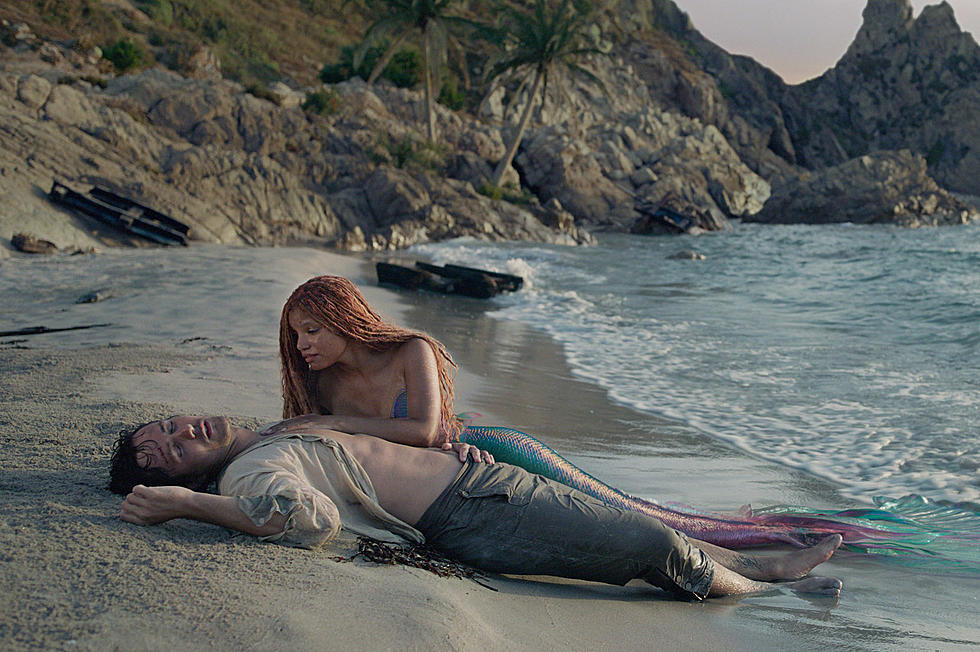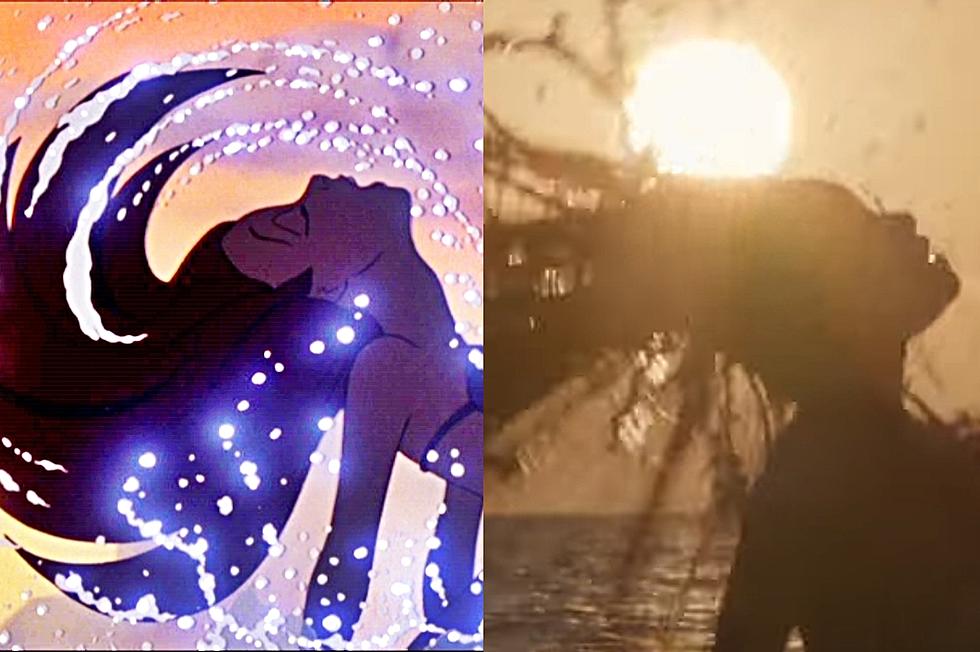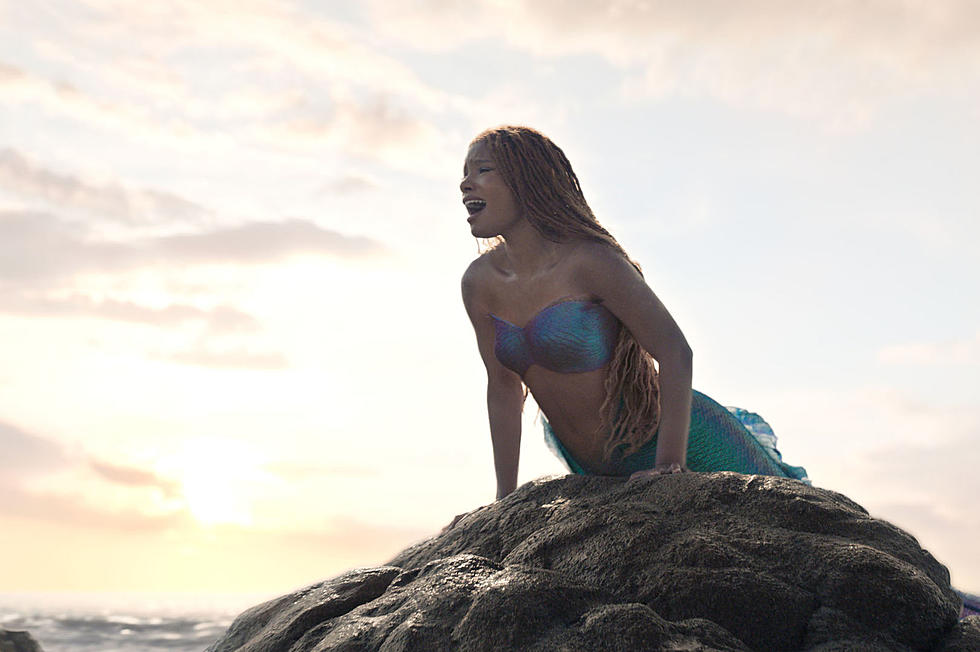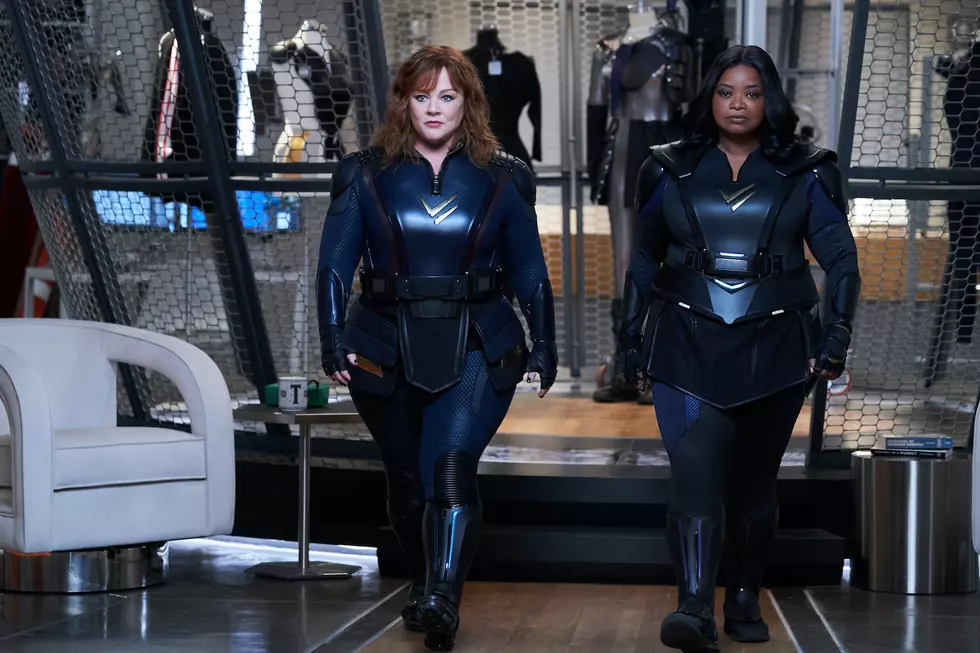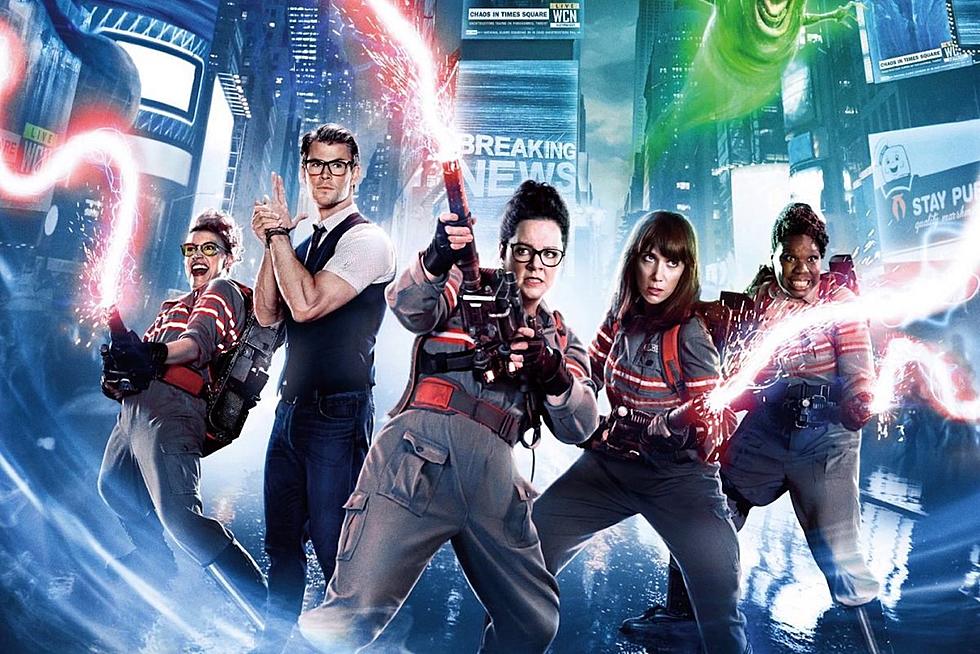
Bloopers in the Credits: The Best Way to Tell if a Comedy Stinks
The Boss is not a good comedy. At times, it is impressively unfunny. In 99 patience testing minutes, I laughed out loud just once. (If you must know, it was when Melissa McCarthy described her vagina after a rejuvenation surgery as resembling a “soft silk purse.” That’s funny!) As the credits finally rolled on the press screening and I gathered my belongings, I thought to myself “That was exactly the sort of cruddy, heavily improvised, flop-sweat drenched unfunny comedy that typically ends with outtakes and bloopers.”
Guess what happened next.
Outtakes and bloopers! There are some exceptions I’ll address in a bit, but 9 out of 10 times, if a comedy ends with bloopers or outtakes that is a signal that the movie isn’t funny — and its creators know it.
The transformation of gaffes from crap to content originally started in radio and television. In movies, the practice of filling out end credits with stuff that didn’t make the final cut is typically traced to director Hal Needham, who ended his 1978 stuntman movie Hooper with a collection of its incredible stunts and some behind-the-scenes material.
Needham liked the device so much he continued it in subsequent movies like Smokey and the Bandit II and The Cannonball Run, where they took on the more traditional form seen today.
Search YouTube for “end credits bloopers” and you’ll find a lot of very funny people flubbing a lot of lines in a lot of crummy movies. Here’s a very typical example, from The Sweetest Thing, another very underwhelming comedy that ends with a high energy assortment of goofs and extra jokes.
Everyone is dancing! And making vulgar gestures to the camera! There’s Sugar Ray music! This movie must be a lot better than I thought it was for literally every single second I was watching it!
As I wrote last summer after I saw Hot Pursuit, in the vast majority of examples, outtakes and bloopers like these are basically an admission of guilt. They’re the filmmaker’s tacit acknowledgement that they didn’t deliver on their end of the contract you entered into when you bought a ticket: They did not provide laughs, and this is their chance to send you out on a little bit of a high note and a good feeling. It’s the last act of a desperate movie. And sure, I’m glad Cameron Diaz and Christina Applegate had a good time making The Sweetest Thing. But how much fun they had is irrelevant. All that really matters is how much fun I had watching it. Which, in this and most cases with outtakes and bloopers, is not very much.
This is a strange and vaguely insulting solution to the problem of making an unfunny movie. It almost amounts to a movie negging its audience. “You didn’t laugh? Look at all these other people who did laugh. What’s wrong with you?” If they do their job, they can actually make you doubt your initial impression, or at least second guess yourself a little.
The exceptions are most often ones that are closest to Needham’s original conception of credits bloopers: Stunts that either went awry or were so spectacular they deserve a second look. The most common and famous examples of this kind are probably the ones that conclude Jackie Chan movies like Drunken Master II.
One major difference between the Jackie Chan outtakes and the previous examples (apart from the overall quality of their respective movies) is that his are actually celebrations of excellence rather than ineptitude. The stuff he’s doing in his outtakes is wildly dangerous and really spectacular; it’s genuinely worthy of additional consideration. Typical bloopers just mine mistakes for cheap laughs. It’s the difference between a curtain call and a thinly veiled apology.
Once in a very long while, a funny comedy will end with outtakes. (Early Adam McKay movies like Anchorman spring to mind.) But these are the exceptions; if you simply made it a rule to avoid any comedy with outtakes you would spare yourself a lot of grief and miss almost nothing of value. In fact, this would be a great rule of moviegoing, except for the fact that the outtakes and bloopers only show up after the movie’s over and you’ve already endured an hour and a half of Melissa McCarthy flailing for jokes. This might be what I hate most about them. They’re like a tsunami warning that comes after your house is already underwater.
More From ScreenCrush

